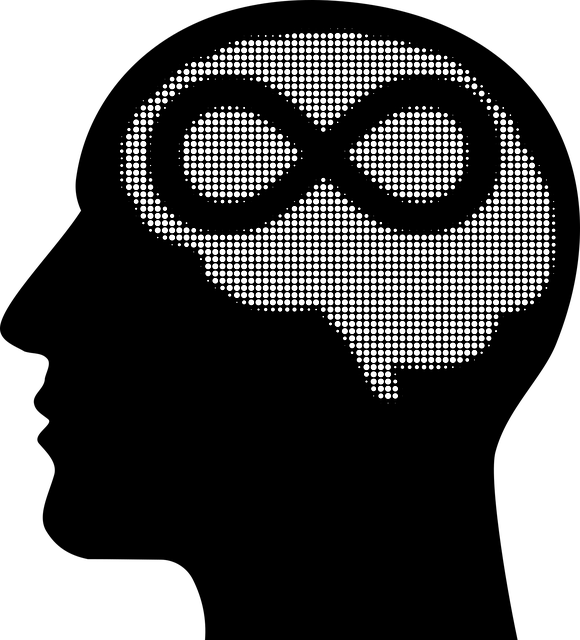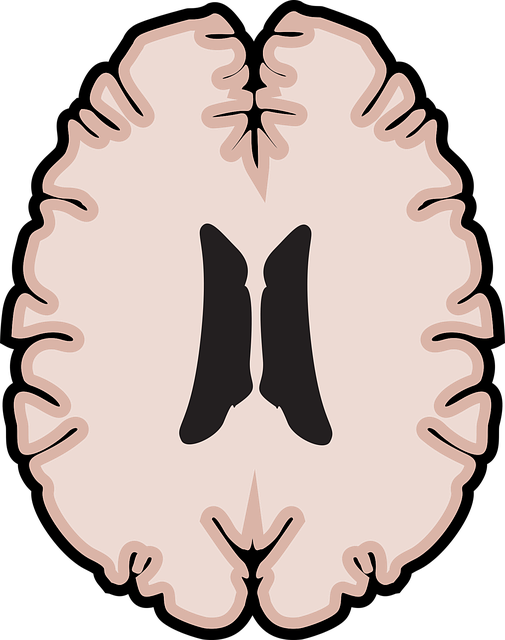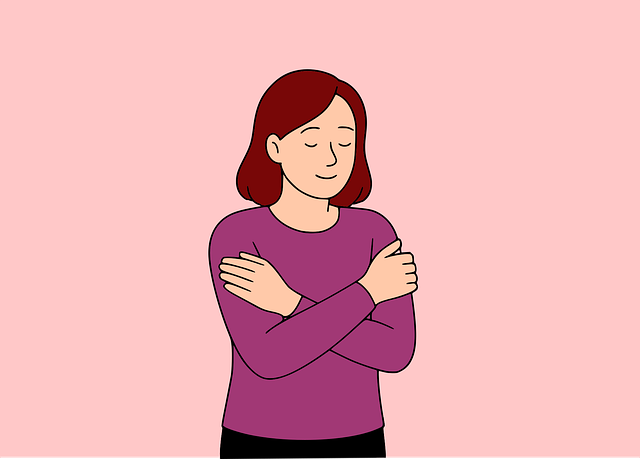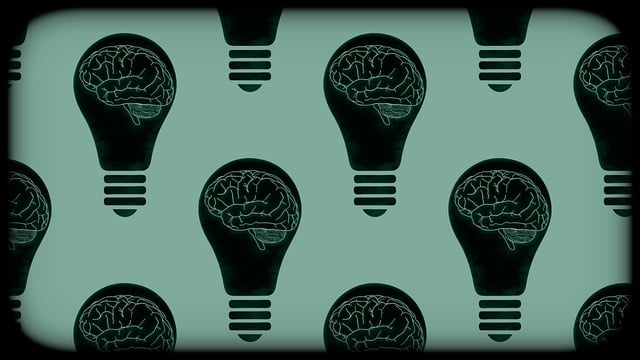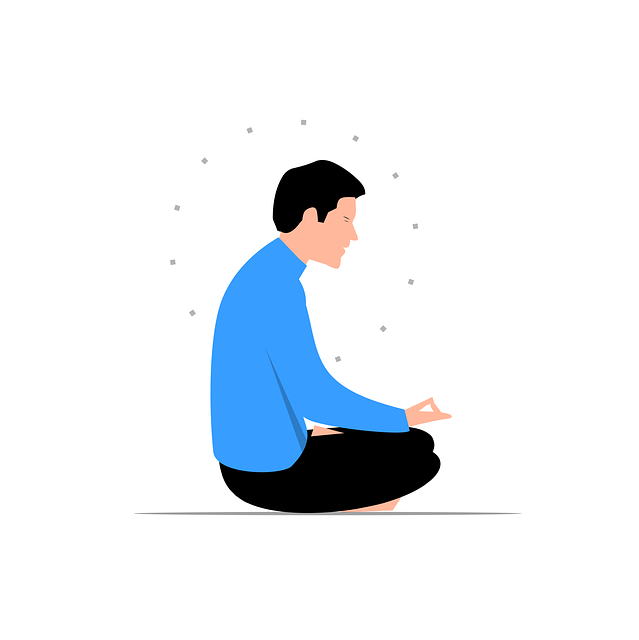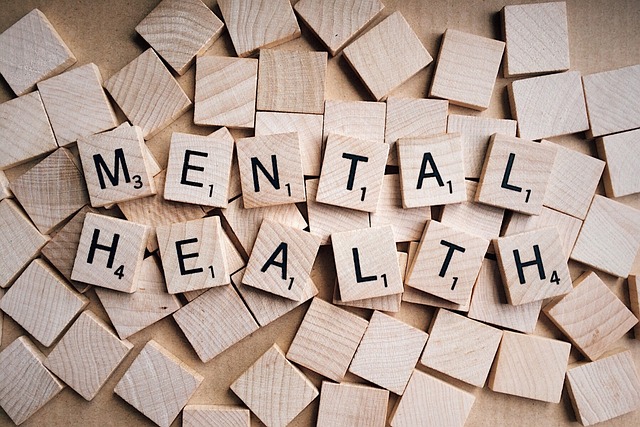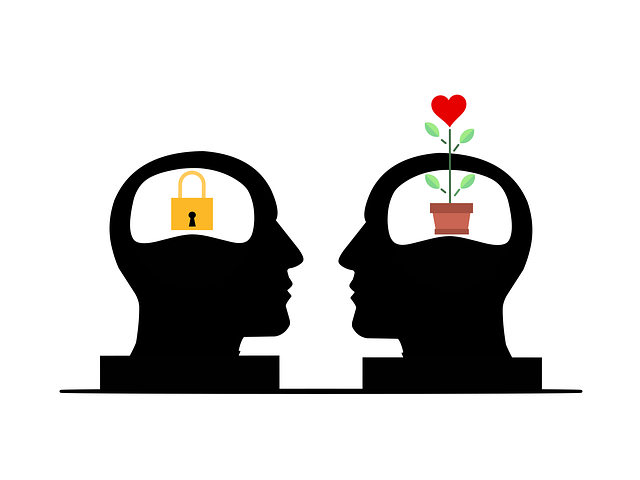Aurora Learning Disability Therapy emphasizes mental wellness through its 'Mind Over Matter' approach, utilizing structured journaling as a powerful therapeutic tool. This method helps clients improve self-esteem, manage stress, and develop emotional intelligence by tracking moods, thoughts, and progress. By setting specific intentions, incorporating visual expressions, and recording coping strategies, journaling becomes a safe space for reflection and personal growth, empowering individuals to navigate life's challenges effectively.
Mental wellness journaling is a powerful tool for self-discovery and growth. In today’s fast-paced world, taking time to reflect on our thoughts and emotions can be transformative. This article explores how mental wellness journaling, guided by the principles of Aurora Learning Disability Therapy, can significantly improve overall wellbeing. We’ll delve into understanding mental wellness, its benefits, and provide practical steps for creating a personalized journal to enhance your therapeutic journey.
- Understanding Mental Wellness and its Significance
- Journaling as a Therapeutic Tool: An Aurora Learning Disability Therapy Approach
- Creating Your Journal: Customizing for Personal Needs
- Effective Journaling Techniques to Enhance Mental Wellbeing
Understanding Mental Wellness and its Significance

Mental wellness is a crucial aspect of overall health and well-being, encompassing our emotional, psychological, and social state. It affects how we think, feel, and act in daily life, impacting our ability to cope with stress, make choices, and relate to others. Recognizing its significance is essential, especially for individuals navigating challenges such as learning disabilities or other mental health concerns. Aurora Learning Disability Therapy emphasizes the power of understanding and managing mental wellness as a proactive approach to improving one’s quality of life.
The concept of ‘Mind Over Matter’ principles forms the foundation of this therapy. By focusing on self-esteem improvement and stress management, individuals can gain a sense of control over their thoughts and emotions. This practice involves introspection through journaling, which allows for the exploration of feelings, thoughts, and experiences, fostering better self-awareness. It’s a tool to navigate and understand one’s mental landscape, promoting positive changes and overall mental wellness.
Journaling as a Therapeutic Tool: An Aurora Learning Disability Therapy Approach

Journaling has emerged as a powerful therapeutic tool, especially within the realm of Aurora Learning Disability Therapy. This approach leverages the reflective and introspective nature of journaling to help individuals process their thoughts, emotions, and experiences. By encouraging regular self-expression, Aurora Learning Disability Therapy guides clients towards better understanding themselves, which is a cornerstone of emotional intelligence development.
Through structured journaling exercises tailored for various age groups and learning styles, the Stress Management Workshops Organization promotes resilience building and effective stress management. This method allows individuals to document their feelings, track progress over time, and identify patterns that contribute to both mental wellness and personal growth. By fostering open communication with a trusted journal, Aurora Learning Disability Therapy enables folks to navigate life’s challenges with enhanced emotional intelligence and resilience.
Creating Your Journal: Customizing for Personal Needs

Creating your journal is an intimate process tailored to your unique mental wellness journey. At Aurora Learning Disability Therapy, we encourage individuals to embrace this as a creative outlet for self-expression and reflection. Start by considering what aspects of your life and emotions you want to explore. Do you wish to track your daily moods, jot down thoughts that arise, or create a space for positive affirmations? Personalize your journal with sections relevant to your goals, whether it’s managing stress, cultivating gratitude, or tracking progress in therapy.
For instance, incorporate prompts like “What am I grateful for today?” or “Describe a challenging situation and how I can learn from it.” You might also add drawings, collages, or even tickets from local events (if applicable) to make your journal visually engaging. Remember, the goal is to create an environment that feels safe and inspiring, reflecting your personality and preferences, much like producing a Mental Wellness Podcast Series Production or implementing a Community Outreach Program Implementation tailored to your community’s needs.
Effective Journaling Techniques to Enhance Mental Wellbeing

Journaling is a powerful tool for enhancing mental wellness, as it allows individuals to process their thoughts and emotions in a structured yet personal way. At Aurora Learning Disability Therapy, we emphasize the importance of effective journaling techniques as part of our holistic approach to self-care practices. One such technique involves setting specific intentions for each entry. Before beginning, reflect on what you hope to achieve – whether it’s processing a difficult day, exploring feelings of anxiety, or simply tracking your progress towards personal goals. This focused approach helps direct the writing and ensures meaningful reflection.
Additionally, incorporating diverse expressions can elevate journaling from a simple task into a dynamic practice. In addition to traditional text, consider adding sketches, collages, or even short poems to capture emotions that are hard to articulate with words alone. This visual aspect, akin to creating a personal tapestry, can offer unique insights and serve as a powerful reminder of one’s emotional landscape. For those facing crises or conflicts, journaling provides an outlet for immediate release, offering crisis intervention guidance and serving as a record of coping strategies, eventually aiding in conflict resolution techniques development.
Mental wellness journaling, guided by the insights of Aurora Learning Disability Therapy, offers a personalized path to enhancing mental wellbeing. By creating a space for introspection and expression, individuals can navigate their emotional landscapes effectively. Customizing journals to meet personal needs empowers folks to cultivate resilience and foster positive mental health practices. Through proven techniques, like mindful reflection and creative expression, journaling becomes a transformative tool, allowing one to harness the power of self-discovery and achieve greater equilibrium.

